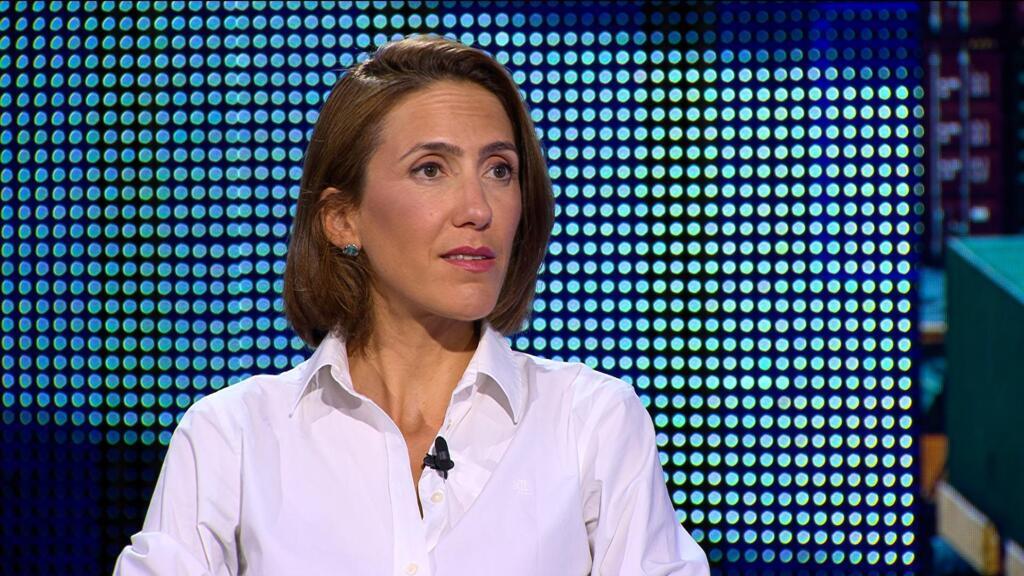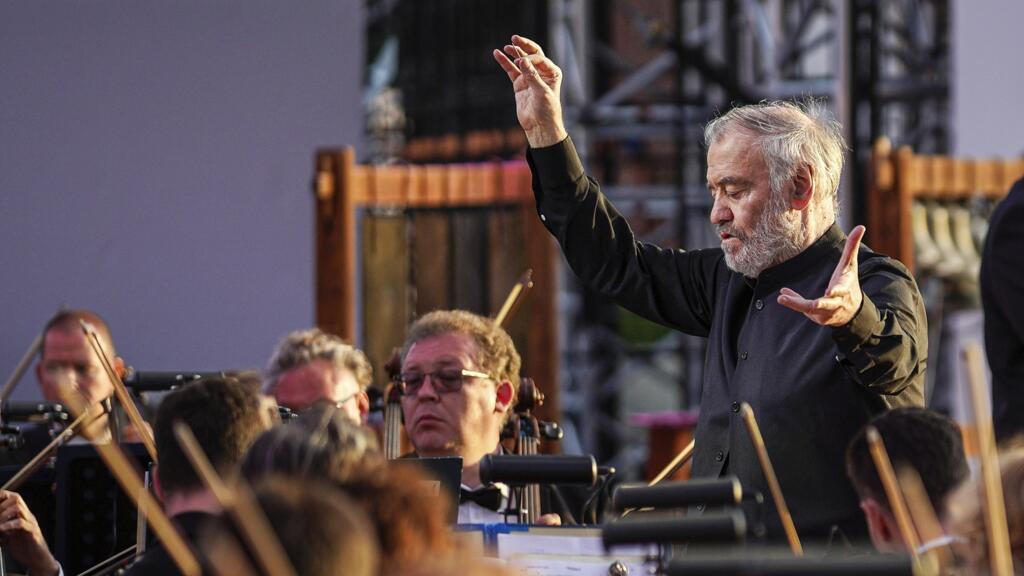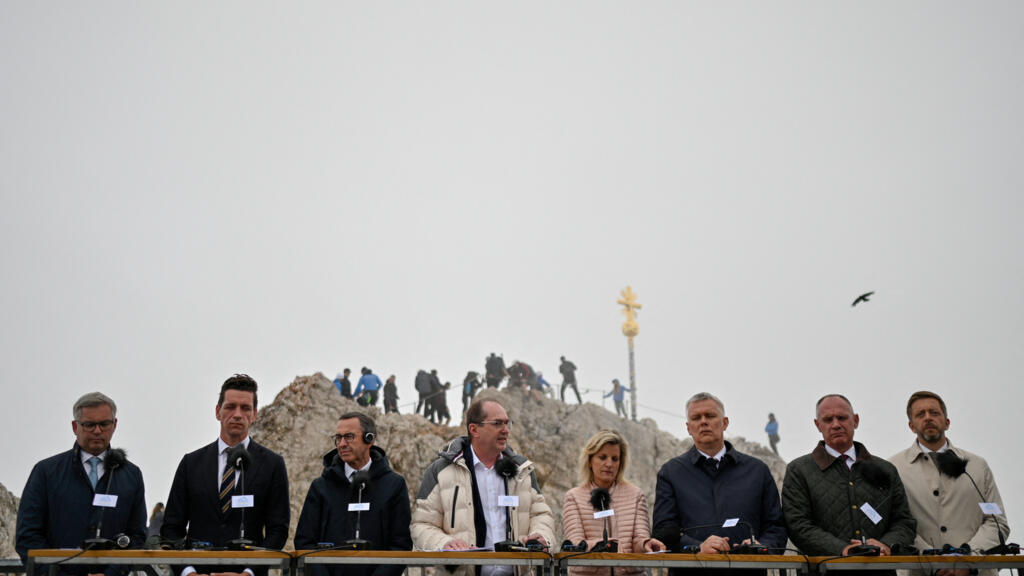The coalition supporting European Commission President Ursula von der Leyen in the European Parliament is currently sustaining a tenuous balance. While members from the centrist, Socialist, and Green factions have collaborated to maintain unity, there are growing concerns among these groups regarding what they perceive as an increasing rapprochement between the conservative European People's Party (EPP) and far-right elements. These lawmakers are urging von der Leyen to take decisive action to steer the EPP's direction away from this troubling alliance.
On July 10, the entire coalition united to successfully defeat a vote of no-confidence against von der Leyen. However, the backing given to her was not without conditions. Leaders of various party groups have made it clear that their support for the Commission President is contingent upon a noticeable shift in policy. This call for change is echoed by Valérie Hayer, the leader of the centrist Renew bloc in the European Parliament and a French Member of the European Parliament (MEP) since 2019.
Hayer's perspective sheds light on the internal dynamics of the coalition, particularly regarding the necessity for the EPP to reevaluate its policies and alliances. The Renewal bloc, which represents centrist ideals, seeks to assert its influence over the Commission's direction, particularly in relation to the EPP's growing inclination towards the far-right. This anxiety within the coalition reflects a broader concern among progressive legislators who feel that an uncritical alignment with the EPP could undermine the core values of the European Union.
The tensions within the coalition highlight the delicate nature of European politics, especially as policymakers navigate the complexities of contemporary challenges such as migration, climate change, and social justice. As these issues become increasingly polarized, the necessity for unity among centrist and leftist parties may become even more critical. Hayer's leadership role signifies an emerging voice advocating for a clear demarcation between mainstream conservative policies and those associated with the far-right, ensuring that the values of the EU remain intact.
The coalition’s sustainability hinges on mutual respect and compromise, yet the prevailing sentiment among centrist, Socialist, and Green party members is that the EPP must not only be vocal about its distancing from far-right ideology but also take tangible steps toward it. As debates continue within the Parliament and the broader European political landscape, the ability of von der Leyen to navigate these demands will be crucial for the stability of her administration.
Ultimately, the future of von der Leyen's coalition in the European Parliament may depend on her capacity to address the mounting pressures for policy change and to distance the EPP from its far-right tendencies. Ongoing discussions and negotiations will be pivotal in determining how this coalition can reconcile its internal differences while achieving its legislative goals in the face of rising extremism and public discontent.












